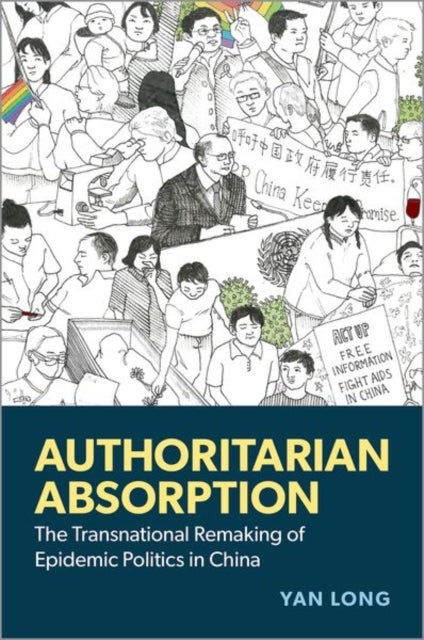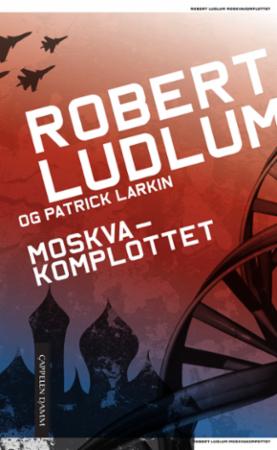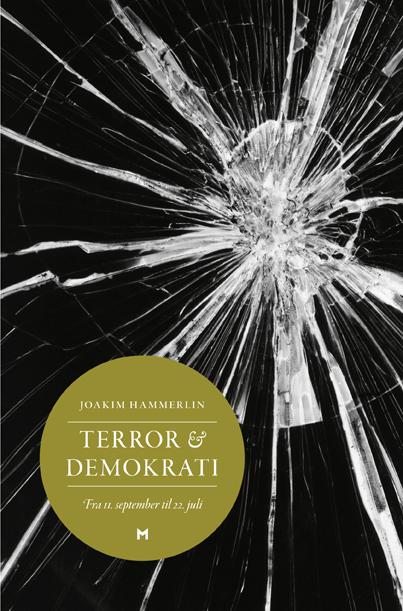
Authoritarian Absorption av Yan (Assistant Professor Sociology Assistant Professor Sociology University of California Berkeley) Long
399,-
Authoritarian Absorption portrays the rebuilding of China's pandemic response system through its anti-HIV/AIDS battle from 1978 to 2018. Going beyond the conventional domestic focus, Yan Long analyzes the influence of foreign interventions which challenged the post-socialist state's inexperience with infectious diseases and pushed it towards professionalizing public health bureaucrats and embracing more liberal, globally aligned technocratic measures. This transformation involved a mix of confrontation and collaboration among transnational organizations, the Chinese government, and grassroots movements, which turned epidemics into a battleground for enhancing the state's domestic control and international status. Foreign interveners effectively mobilized China's AIDS movement and oriented activists towards knowledge-focused epistemic activities to propel the insertion of Western rules, knowledge, and practices into the socialist systems. Yet, Chinese bureaucrats played this game to the








